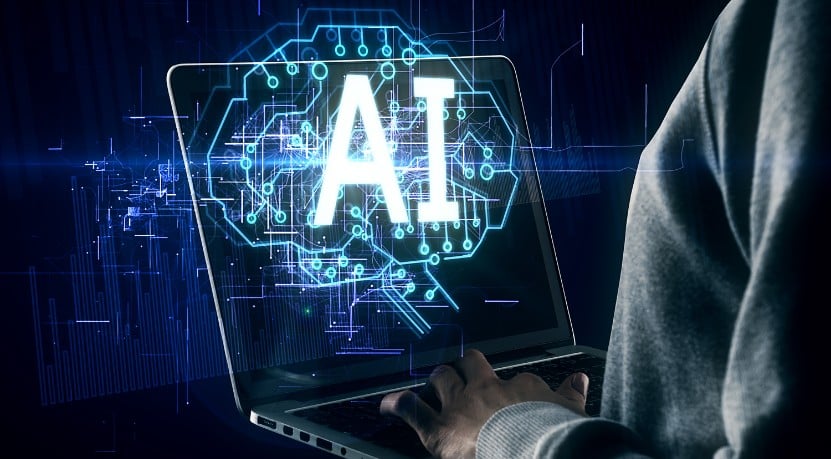
Artificial Intelligence (AI) is revolutionizing various industries, and the education sector is no exception. AI technologies have the potential to transform traditional teaching methods, personalize learning experiences, and improve overall educational outcomes. In this blog post, we will explore how AI is making its mark in the school education sector and the benefits it brings to students, teachers, and educational institutions.
1. Personalized Learning:
One of the key advantages of AI in education is its ability to personalize learning experiences. AI algorithms can analyze student data, including their strengths, weaknesses, learning styles, and preferences, to develop tailored learning paths. Adaptive learning platforms powered by AI can provide individualized instruction, presenting content at the appropriate pace and level of difficulty for each student. This personalized approach helps students grasp concepts more effectively, stay engaged, and achieve better learning outcomes.
2. Intelligent Tutoring Systems:
AI-powered intelligent tutoring systems act as virtual tutors, offering personalized guidance and feedback to students. These systems use natural language processing and machine learning to interact with students, answer their questions, and provide step-by-step explanations. Intelligent tutoring systems can identify areas where students are struggling and offer targeted interventions, helping them overcome challenges and improve their understanding of complex topics.
3. Enhanced Administrative Efficiency:
AI can streamline administrative tasks in educational institutions, freeing up valuable time for teachers and administrators. AI-powered systems can automate administrative processes such as grading, attendance tracking, and scheduling. This automation reduces the administrative burden, allowing teachers to focus more on instruction and student support. Additionally, AI can assist in data analysis, helping schools gain insights into student performance, identify trends, and make data-driven decisions to improve overall educational quality.
4. Intelligent Content Creation and Recommendation:
AI technologies can assist in content creation and recommendation, providing educators with valuable resources and materials. AI algorithms can analyze vast amounts of educational content and curate relevant resources based on specific topics, learning objectives, or student needs. This helps teachers access high-quality materials, saving them time and effort in lesson planning. AI can also assist in generating educational content, such as automated assessment items or interactive learning modules, offering educators additional resources to engage students effectively.
5. Early Intervention and Student Support:
AI tools can identify early signs of academic challenges or potential learning difficulties. By analyzing student performance data, AI algorithms can flag at-risk students who may require additional support. This early intervention enables teachers and support staff to provide timely assistance, addressing learning gaps and ensuring students receive the support they need to succeed.




